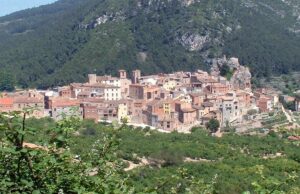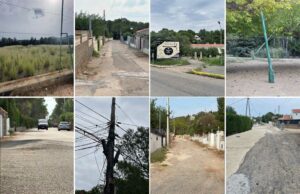On 12 July 2019, the Mayor of Pratdip replied to Mr. Mike Allen (Planes del Rei / Planas del Rey) regarding the absence of street lighting. The Town Hall claimed it had no competence in the urbanisation, referred to the Conservation Entity (EUCC) which it considered not definitively dissolved, and invoked Art. 120 of DL 1/2010 (urbanisation costs to be borne by the owners) and Art. 169 of Decree 305/2006 (non-reception). Entry reference: 2019-E-RC-941.
1) Context and scope
- Recipient: Mr. Mike Allen (resident of Planes del Rei / Planas del Rey).
- Subject: absence of lighting in the streets of the urbanisation.
- Reference: registry entry 2019-E-RC-941.
- Nature: official letter in Catalan, electronically signed by the mayor.
2) Position and legal grounds invoked by the Town Hall
- Claimed incompetence: the Town Hall stated it had no “potestat d’actuació” within the urbanisation.
- EUCC “not dissolved”: conservation would still fall under the Conservation Entity, which, according to the Town Hall, was not “definitively resolved”.
- Legal basis cited:
- Art. 120 – DL 1/2010: lighting is considered an urbanisation cost borne by property owners.
- Art. 169 – Decree 305/2006: in the absence of reception, maintenance remains the responsibility of the owners.
- Consequence: the request should be addressed to the urbanistic entity responsible (EUCC) and not the Town Hall.
3) Observations and contentious points (outside the letter’s content)
- On the EUCC: the thesis of an “active” EUCC was later challenged in light of court rulings confirming its dissolution.
- On street lighting: lighting is generally recognised as an essential local public service; treating it as a permanent private expense is disputable when the urbanisation has been inhabited for decades.
- On reception: non-reception cannot indefinitely justify the lack of minimum services; it mainly highlights the Town Hall’s inaction in concluding the procedure.
4) Practical consequences for residents
- Shift of responsibility to a so-called Conservation Entity, blocking immediate municipal intervention.
- Persistence of problems (insecurity, unlit streets) and financial burden shifted onto owners.
- Template argument reusable by the Town Hall to deny other services (water, roads, sanitation) in the absence of reception.
5) Possible courses of action
- Recall later court decisions confirming the EUCC’s dissolution and the municipal responsibility for essential services.
- Demand a formal timetable for reception of works and a transitional lighting plan (immediate safety).
- Document risks (traffic safety, thefts, falls) and formally require the Town Hall to guarantee a minimum service.






